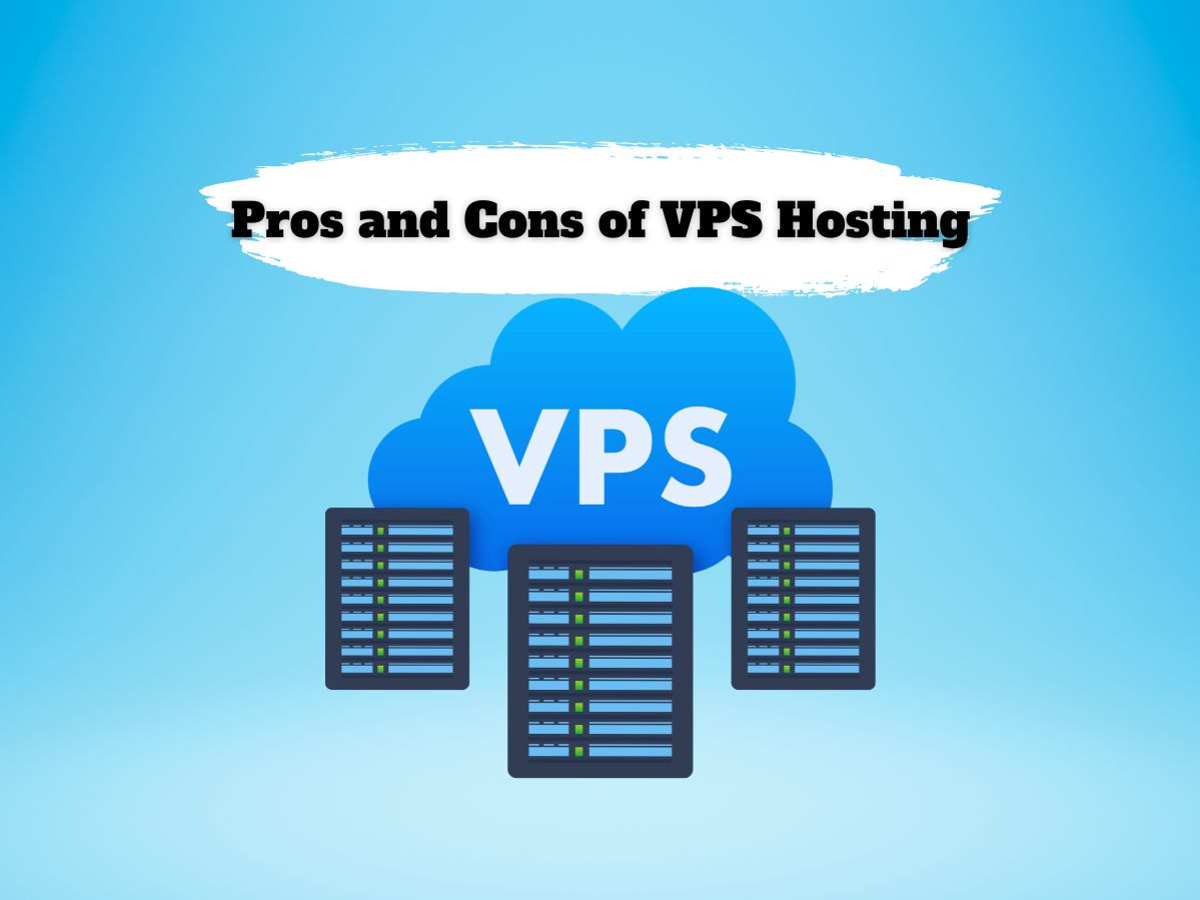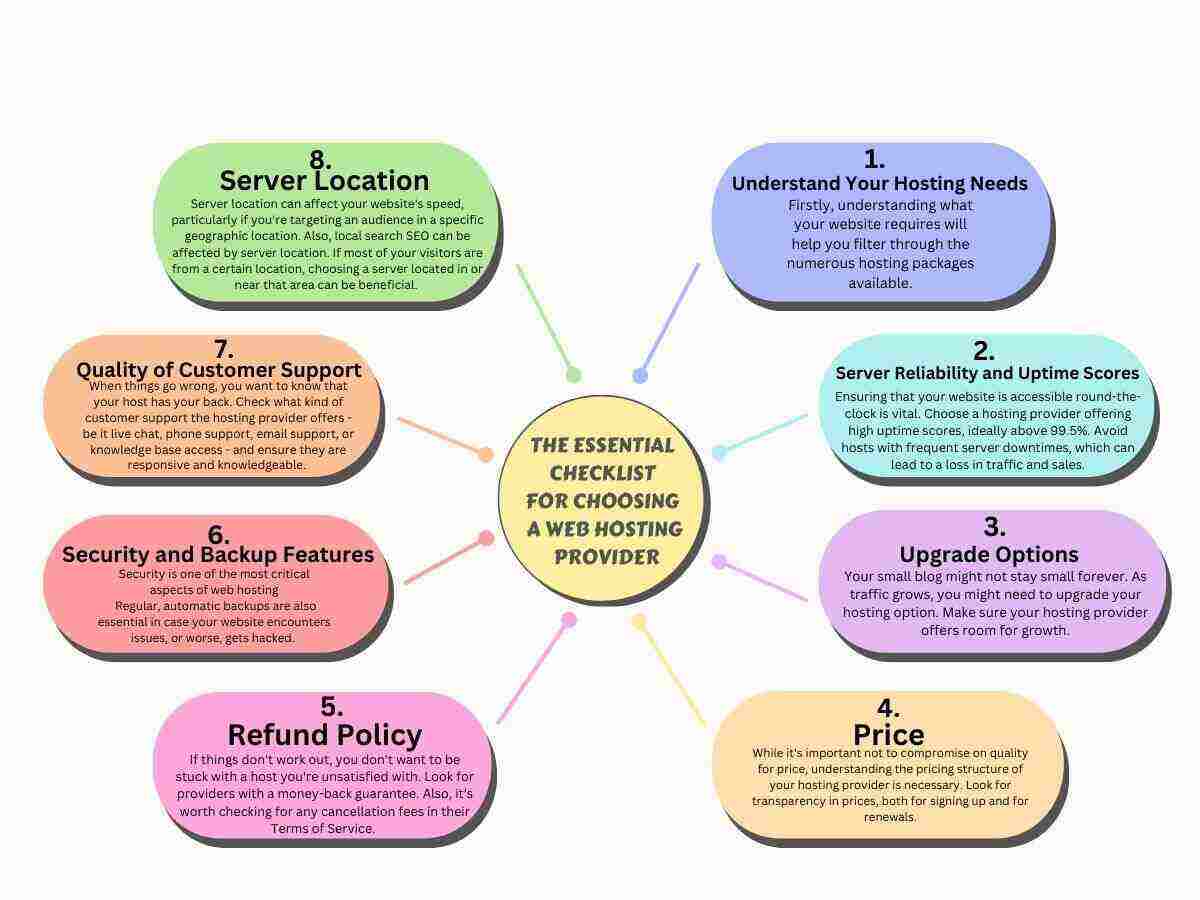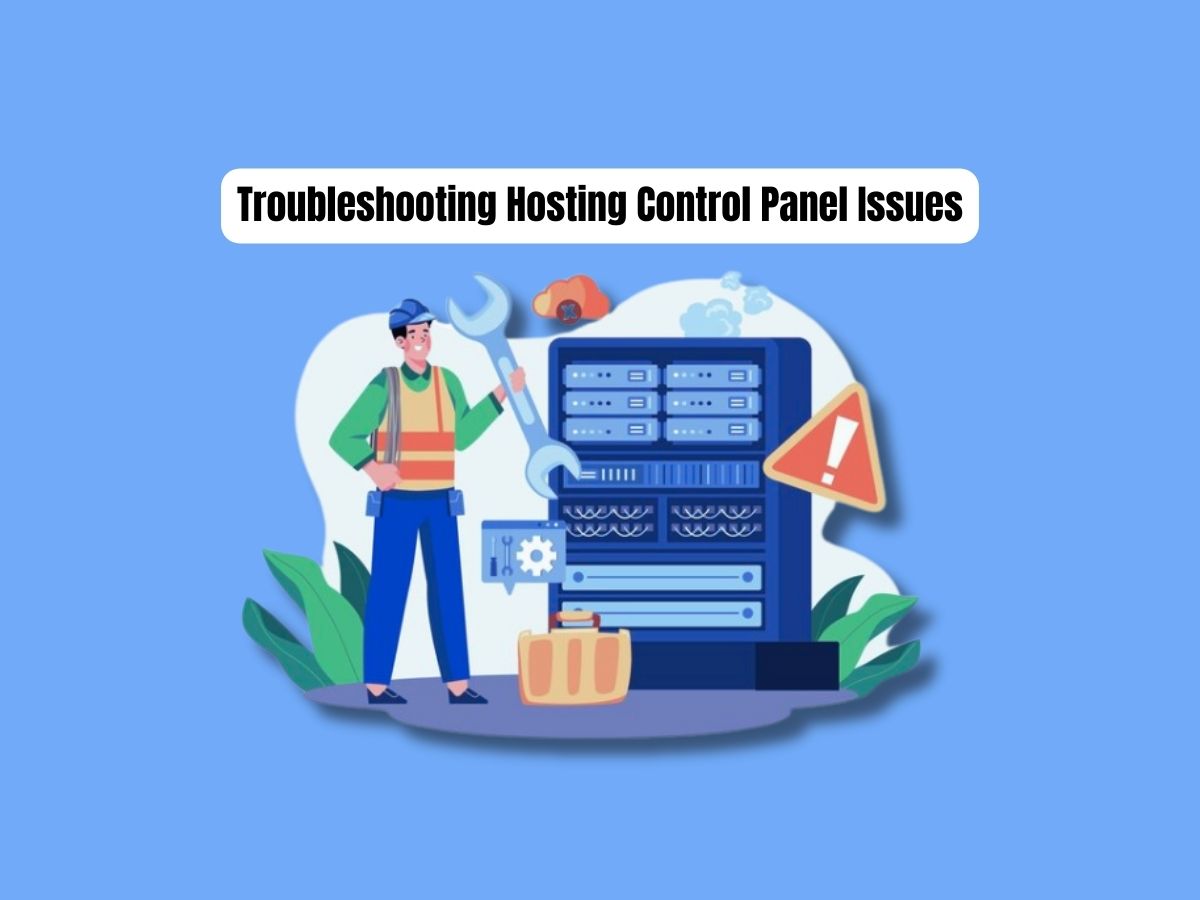
The Pros and Cons of VPS Hosting
As technology continues to evolve and the needs of businesses change, there are more hosting options available than ever before. One such trend is VPS or Virtual Private Server hosting. But, like any other technology, VPS has its advantages and disadvantages. This blog post will explore the pros and cons of VPS hosting, to help you make an informed decision.
What is VPS Hosting?
Before we can dive into the specific pros and cons of VPS hosting, it’s essential to have a basic understanding of what it is. VPS hosting is a hosting method that gives websites their own, independent portions of a physical server. It’s as if one physical server is divided into several smaller servers each having its owned reserved resources.
Pros of VPS Hosting
1. Scalability
VPS hosting is incredibly scalable, which is ideal for growing businesses. You can easily add more resources such as RAM, CPU, and disk space as the demands of your website grow. No need to invest in new physical hardware or worry about the challenges of transferring to a new server.
2. Control
With a VPS, you have more control compared to shared hosting. As you have your own “virtual” server, you have root access, allowing you to install any software or applications necessary for your website or business without having to go through your hosting provider.
3. Improved Performance
Since you don’t share bandwidth, CPU, memory, etc., with other websites, the performance of your website is significantly improved. The loading speed of your pages may be much quicker, which can improve user experience and SEO rankings.
4. Increased Privacy
With VPS hosting, your files and databases are locked off from other server users. It’s an effective way to keep your data secure and avoid the potential problem of malicious websites or spammers sharing your server.
Cons of VPS Hosting
1. Requires More Technical Knowledge
Managing a Virtual Private Server requires more technical expertise than shared hosting. You may have to manage your own updates, security, and maintenance, which can become complex if you don’t have the necessary skills.
2. More Expensive Than Shared Hosting
Although Virtual Private Server hosting offers a better price-performance ratio than dedicated server hosting, it’s typically more expensive than shared hosting. Thus, if you’re managing a small blog or website that doesn’t require much resources, or if you’re on a tight budget, Virtual Private Server hosting may not be the best option for you.
3. Resources Are Still Limited
While you do get your own portion of the server’s resources, they are still limited to what’s on the physical server on which your VPS resides. If you exceed your allotted resources, you may need to pay for extra, which can get expensive.
In conclusion, Virtual Private Server hosting offers a balance between shared and dedicated hosting. It’s an excellent option for businesses that require a higher level of security, control, and scalability, but it does come with downsides, like increased cost and the need for more technical knowledge. As always, it’s important to thoroughly assess the specific needs of your website or business before committing to a Virtual Private Server hosting plan.







